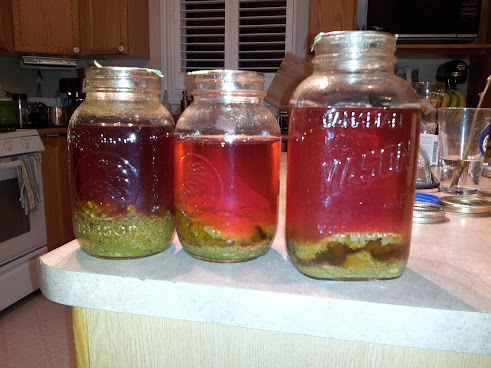I have been looking into real wort starters and I like the idea behind them. I have been making DME starters for my past few brews, and I feel like its cheating. As such, I have a few questions relating to RWS:
1) I don't do no-chill, and really don't plan to for a long long while, but I would be chilling and decanting the starter, so the wort will still be sitting in my fermentation fridge for a few days while the RWS is being prepared. What do I need to be aware of, or do in order for this to succeed?
2) Should I dilute the starter to an OG of 1.040 or is that overrated?
3) Is this a worthy endeavor, or should I just suck it up and make a starter out of DME?
1) I don't do no-chill, and really don't plan to for a long long while, but I would be chilling and decanting the starter, so the wort will still be sitting in my fermentation fridge for a few days while the RWS is being prepared. What do I need to be aware of, or do in order for this to succeed?
2) Should I dilute the starter to an OG of 1.040 or is that overrated?
3) Is this a worthy endeavor, or should I just suck it up and make a starter out of DME?



